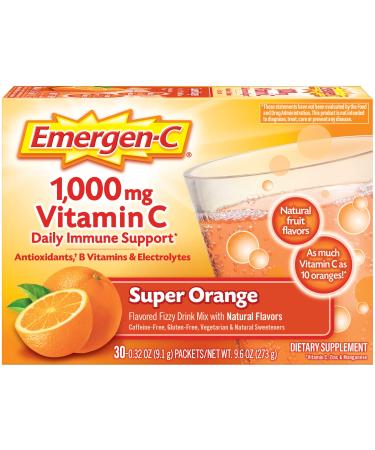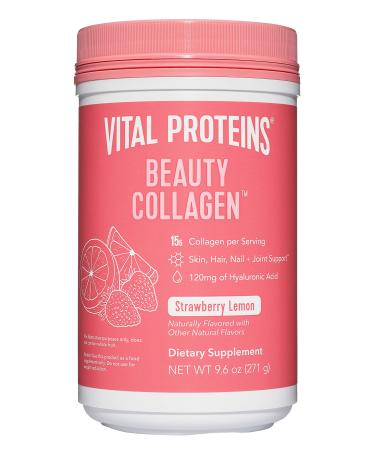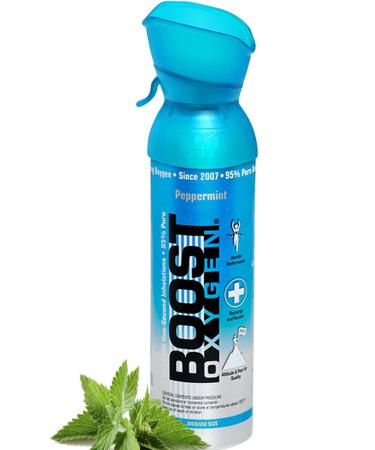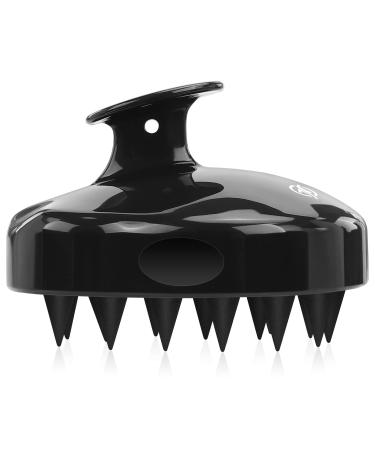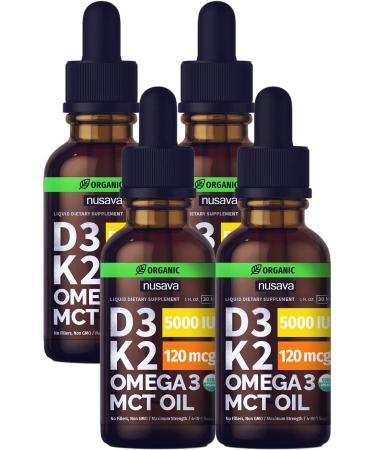The study concluded that supplementing with 30 mg/d of iron bisglycinate chelate for 90 days, sho
ed positive effects on increasing ferritin concentration in schoolchildren with low iron stores, and this effect persisted 6 months after supplementation.
Another study attempted to study the effects of iron supplementation in marginally low birth weight (MLBW) infants. In a randomized controlled trial, 285 healthy, MLBW infants received iron supplements at a dose of 0 (placebo), 1, or 2 mg/kg per day between 6 weeks and 6 months of age. Hemoglobin levels, ferritin levels, transferrin saturation, mean cell volume, and transferrin receptor levels were analyzed at 6 months. Iron supplementation resulted in significant dose-dependent effects on hemoglobin and all iron status indicators at 6 months. The study concluded that iron supplementation at 2 mg/kg per day from 6 weeks to 6 months effectively reduces iron deficiency risks, with no short-term adverse effects on morbidity or growth.
A different study attempted to determine the effect of prophylactic iron supplementation on iron status and birth outcomes among non-anemic pregnant women. A randomized, triple-blind clinical trial was conducted. One hundred forty-eight non-anemic pregnant women were randomly assigned to receive either ferrous sulfate (60 mg iron) or placebo until delivery. Hemoglobin concentration and serum ferritin were measured byelectronic counter and radioimmunoassay, respectively. At delivery, iron deficiency incidence was significantly lower in the iron than the placebo group. There were no significant differences between the two groups in maternal hemoglobin and ferritin concentrations at delivery or in the infant's birthweight, birth length, or length of gestation. The study concluded that iron supplementation during pregnancy in non-anemic women with low serum ferritin may have benefits beyond the prevention of iron-deficiency.
Iron is an important element participating in multiple metabolic processes, including the synthesis of catecholamines. Iron deficiency (ID) is particularly insidious on brain maturation and cognitive functions during school age. A study tested whether iron affected working memory (WM) in 8-10-year-old ID children. Event-related potentials (ERPs) were recorded using a Sternberg-type task in control, ID and ID-iron supplemented children. ID children showed less correct answers and diminished ERP amplitude in frontal, central, parietal and temporal regions compared to control children. After iron supplementation, behavioral and ERP differences disappeared between ID and control children. Considering that WM is fundamentally related to attention ability, the results confirm and reinforce previous observations: ID severely diminishes attention and WM, while iron supplementation substantially restores cognitive capabilities.
Another study aimed to examine the relation between iron status and cognitive abilities in young women. A blinded, placebo-controlled, stratified intervention study was conducted in women aged 18-35 y of varied iron status, randomly assigned to receive iron supplements or a placebo. Cognition was assessed by using 8 cognitive performance tasks (from Detterman's Cognitive Abilities Test) at baseline (n = 149) and after 16 wk of treatment (n = 113). After treatment, a significant improvement in serum ferritin was associated with a 5-7-fold improvement in cognitive performance, whereas a significant improvement in hemoglobin was related to improved speed in completing the cognitive tasks. Iron status is a significant factor in cognitive performance in women of reproductive age. Severity of anemia primarily affects processing speed, and severity of iron deficiency affects accuracy of cognitive function over a broad range of tasks. The study concluded that the effects of iron deficiency on cognition are not limited to the developing brain.
A separate study aimed to identify the impact of weekly iron supplements on the attention function of female high school students. This was a blind, controlled, clinical trial study, involving 200 female students chosen randomly. The case group was treated with 50 mg of ferrous sulfate twice a week for 16 weeks. Both groups were compared for attention, iron status and erythrocyte indices. The study concluded that oral iron supplements (50 mg twice a week for 16 weeks) improved the attention span and hematologic indices of female high school students.
Other researchers conducted a randomized placebo-controlled trial to investigate effects of iron (Fe) supplementation on Fe status and performance in non-anemic female rowers. Forty rowers were randomized to receive either 100 mg/d FeSO4 (n = 21) or placebo (n = 19) using a double-blind design. Thirty-one (n = 15 Fe, 16 placebo) completed the 6-wk trial. Fe status (hemoglobin, serum ferritin, and soluble transferrin receptor), body composition, and laboratory tests of physical performance (4-km time trial, V˙O2peak, energetic EF, and blood lactate) were assessed at baseline and after training. The researchers concluded that female rowers with depleted Fe stores who consumed supplemental Fe improved their Fe status and energetic EF during endurance exercise. These results are important for athletes whose dietary patterns and physical training increase their risk of iron deficiency without anemia and suggest that Fe supplementation may maximize endurance training benefits.
*These statements have not been evaluated by the FDA. This product is not intended to diagnose, treat, cure or prevent any disease.



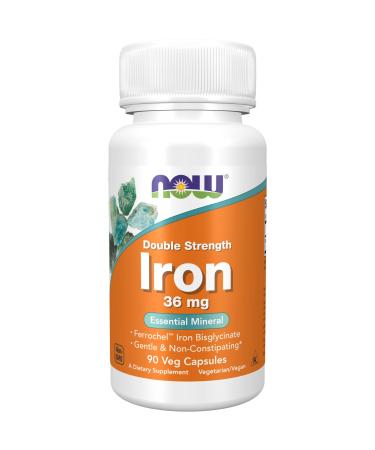
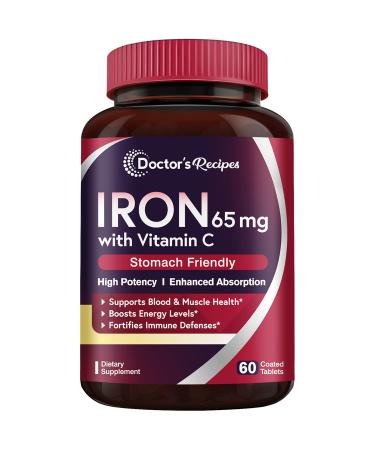

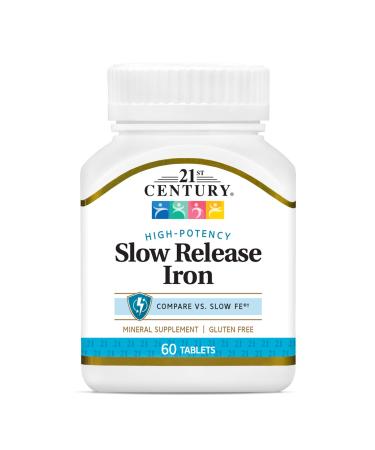




![Stewart Freeze Dried Dog Treats Made in USA [Single Ingredient Puppy and Dog Training Treats - Grain Free Natural Dog Treats] Resealable Tub to Preserve Freshness](https://www.gosupps.com/media/catalog/product/cache/25/small_image/375x450/9df78eab33525d08d6e5fb8d27136e95/6/1/61gwbbixarl._ac_sl1500_.jpg)
